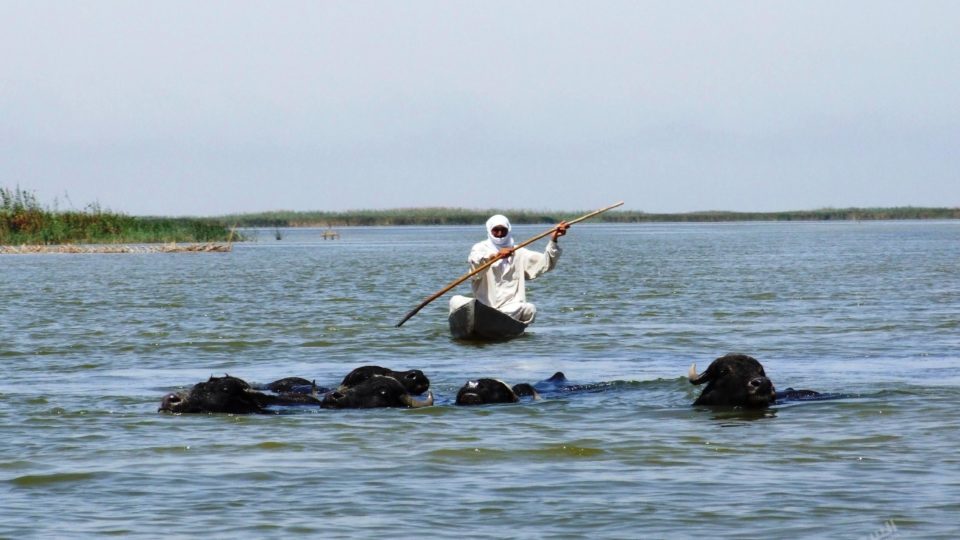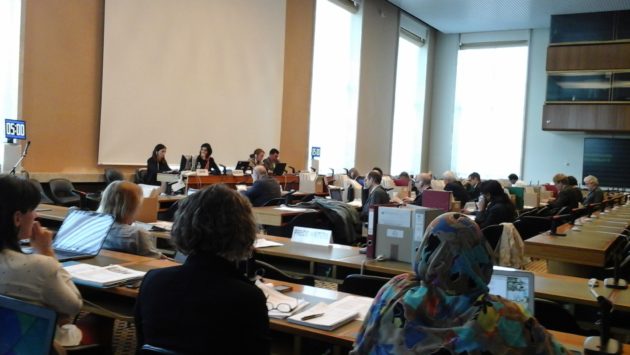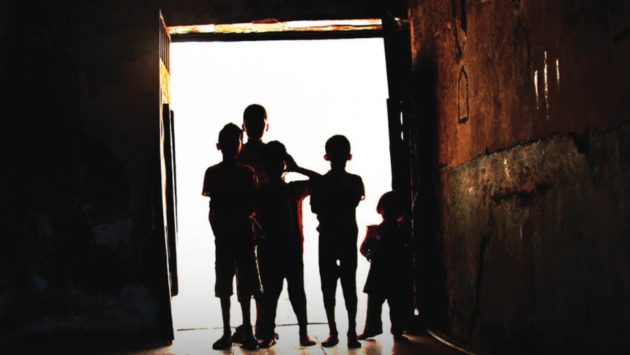Decision : 42 COM 7B.66: The Ahwar of Southern Iraq: Refuge of Biodiversity and the Relict Landscape of the Mesopotamian Cities (Iraq) (C/N 1481)
The World Heritage Committee,
- Having examined Document WHC/18/42.COM/7B.Add,
- Recalling Decision 40 COM 8B.16, adopted at its 40th session (Istanbul/UNESCO, 2016),
- Welcomes establishment of an inter-ministerial committee for the management of the property, the completion of the Strategy for Water and Land Resources in Iraq (SWLRI) and the recognition of the Iraqi marshlands as a legitimate water user and, noting the competing demands for water between different users in Iraq, also welcomes the ongoing efforts for reform of water governance;
- Urges the State Party to take appropriate measures for providing the property with the adequate amount of water within its national capacity;
- Further welcomes the ongoing efforts towards the establishment of long-term water sharing agreements between the States Parties of Iraq, Iran and Turkey and strongly encourages all three States Parties to continue these efforts, so as to ensure the provision of adequate amounts of water for the property that can sustain its biodiversity, and considers that non-fulfilment of minimum water requirements could represent a potential danger to the Outstanding Universal Value (OUV) of the property, in accordance with Paragraph 180 of the Operational Guidelines;
- While acknowledging the prevailing conditions in Iraq, notes with significant concern the continued absence of adequate legal protection for the majority of the natural components in the property, as well as the State Party’s statement that law enforcement remains a challenge, and also considers that this situation could represent a potential danger to the OUV of the property, in accordance with Paragraph 180 of the Operational Guidelines;
- Also notes with concern the significant challenges reported upon by the State Party, related to illegal bird hunting and overfishing, and further considers that in the continued absence of legal protection for most of the property and without sufficient management capacity, these issues are unlikely to be effectively controlled;
- Reiterates its request to the State Party to:
- Conduct further studies regarding minimum water flows needed to sustain the biodiversity and ecological processes of the property, and demonstrate that these water flows are being provided,
- Complete the designation of all of the natural components of the property as protected areas, as a matter of utmost urgency, and ensure effective legal protection to regulate oil and gas concessions, and other potentially impacting activities in the buffer zones of the property,
- Provide support for the maintenance of the traditional ecological knowledge held by the men and women of the Ma’adan “Marsh Arabs” communities, and for rights-based approaches to management, recognizing the customary use of the property;
- Further notes with significant concern the continued vulnerability of the property to oil and gas developments and, recalling its established position that oil and gas exploration and exploitation are incompatible with World Heritage status, strongly urges the State Party to make a permanent commitment not to explore for or exploit oil and gas within the property, and to ensure that any such activities outside the property do not cause a negative impact on its OUV;
- Welcomes furthermore the reinstatement of international archaeological teams at Uruk, Ur and Eridu, and the decision to concentrate on conservation; notes progress with work on detailed maps and surveys; nevertheless, in the light of the dire state of conservation at the time of inscription and on-going losses of archaeological layers, also urges the State Party to accelerate work on surveys and maps in order, to develop baseline data for all future work, including monitoring;
- Requests the State Party to put in place a structured approach for overall conservation work through the development of conservation plans for each of the three archaeological sites, coupled with operational action plans;
- Takes note with concern of the increasing tourism interest in the property in light of the lack of adequate consolidation and maintenance of the excavated areas of Uruk, Ur and Eridu at the time of inscription, the on-going loss of the archaeological remains from erosion and collapse, and the sensitive ecosystem of the marshes, also requests the State Party to develop and implement an overall tourism plan for the whole property, to regulate visitation, ensure visitors’ safety, and sustainable and adequate tourism practices, infrastructure and facilities;
- Recalls to the State Party its obligation to submit any planned construction projects to the World Heritage Centre for review by the Advisory Bodies before their commencement;
- Further requests the State Party to invite a joint World Heritage Centre/IUCN/ICOMOS Reactive Monitoring mission to the property, to assess its current state of conservation and the potential impact of water flow, oil and gas exploration and exploitation, illegal bird hunting, over-fishing, archaeological conservation needs, increased visitation and lack of adequate legal protection, on the property’s OUV;
- Requests furthermore the State Party to submit to the World Heritage Centre, by 1 February 2019, an updated report on the state of conservation of the property and the implementation of the above, for examination by the World Heritage Committee at its 43rd session in 2019.




